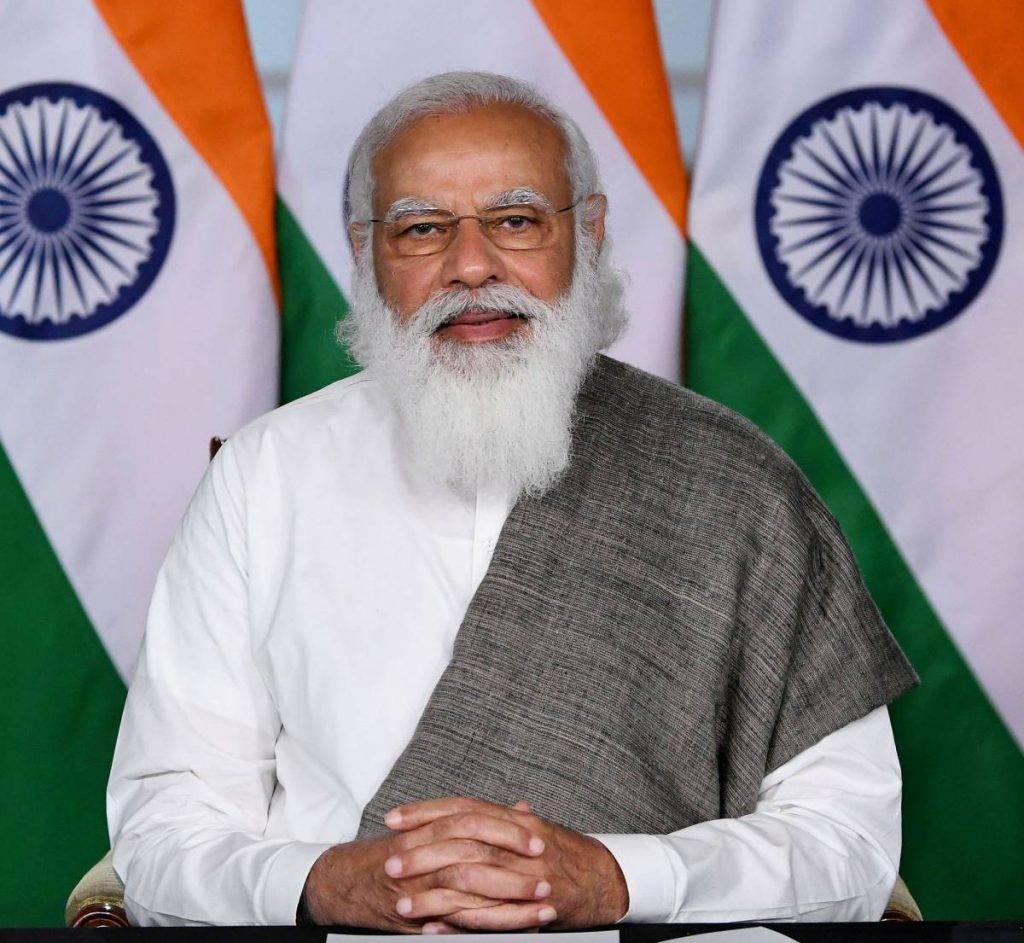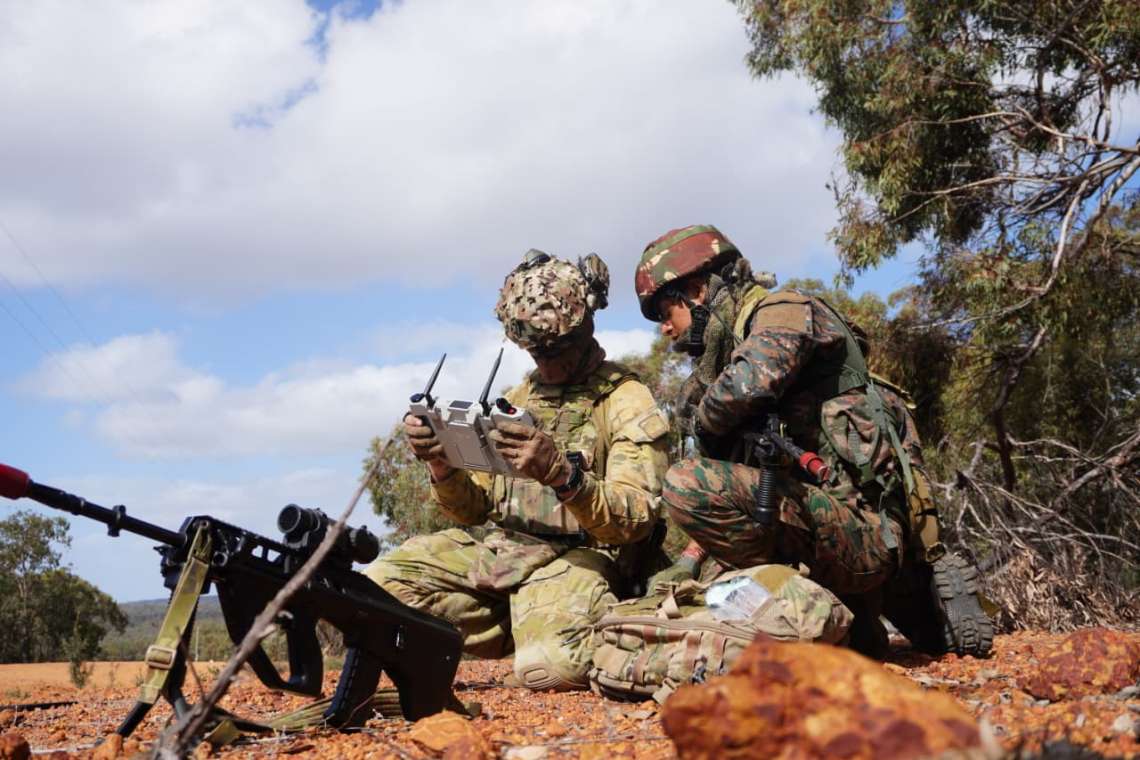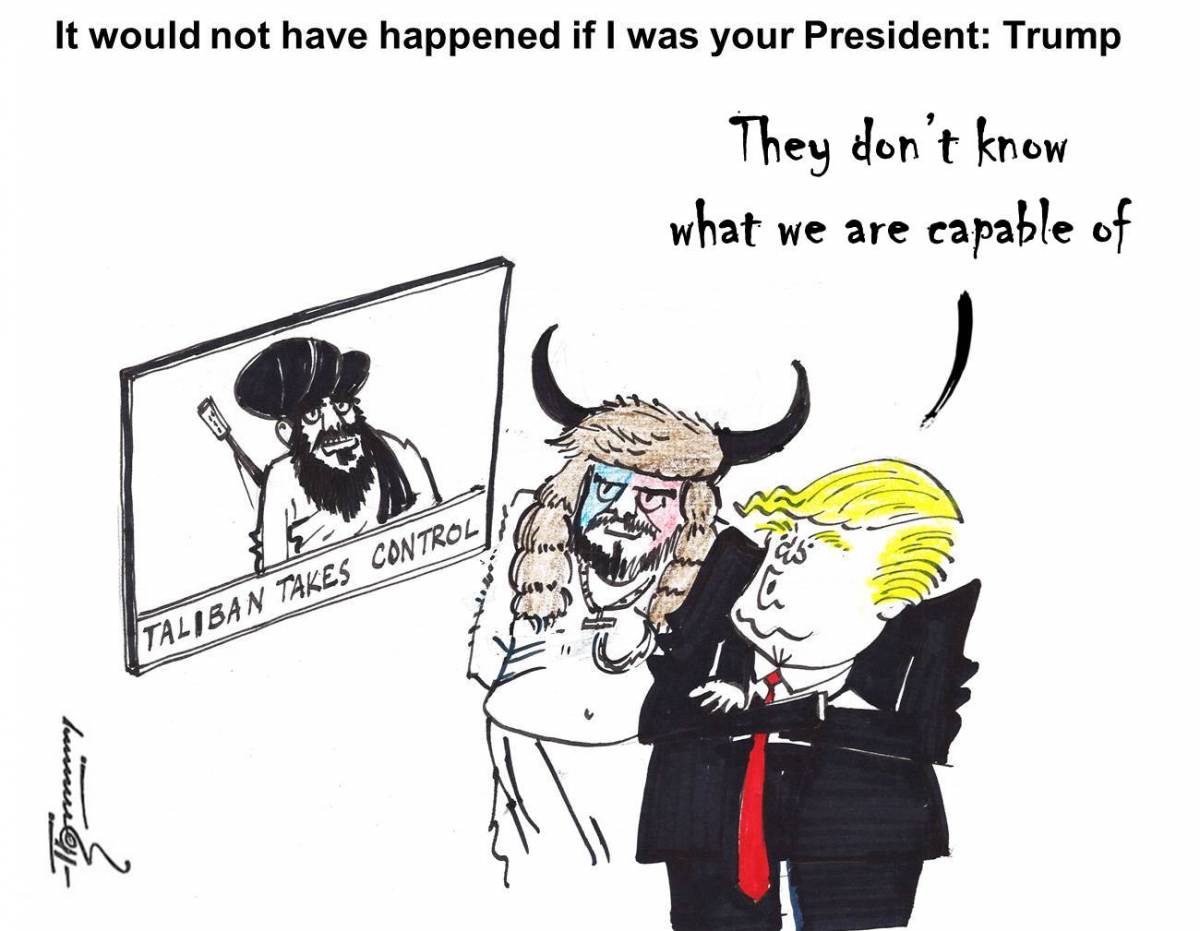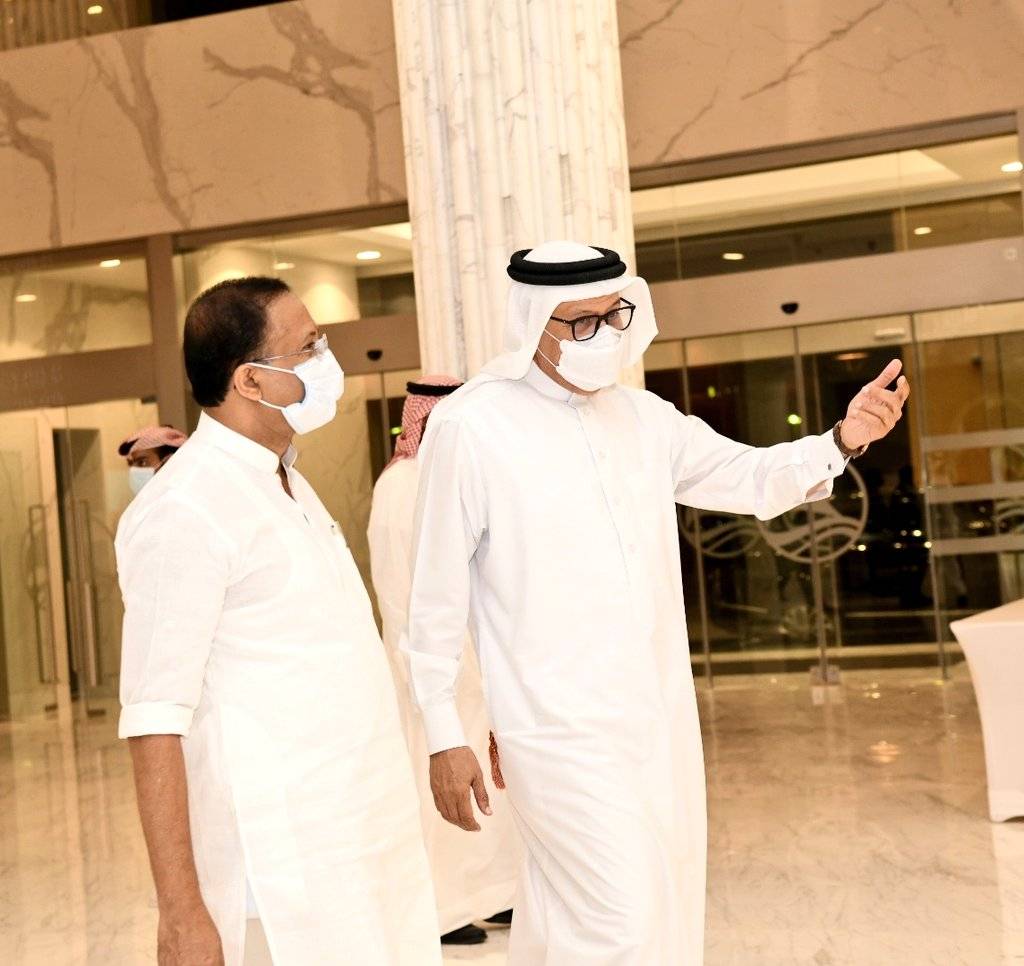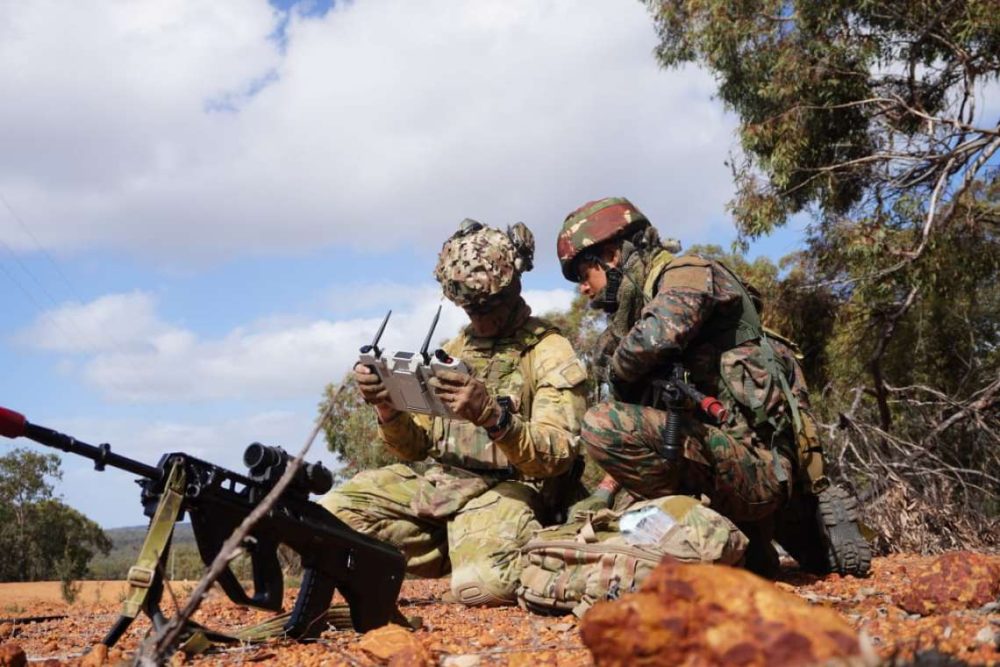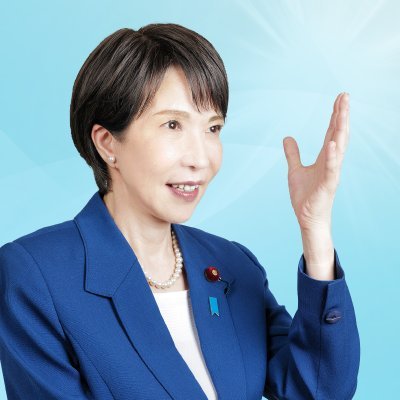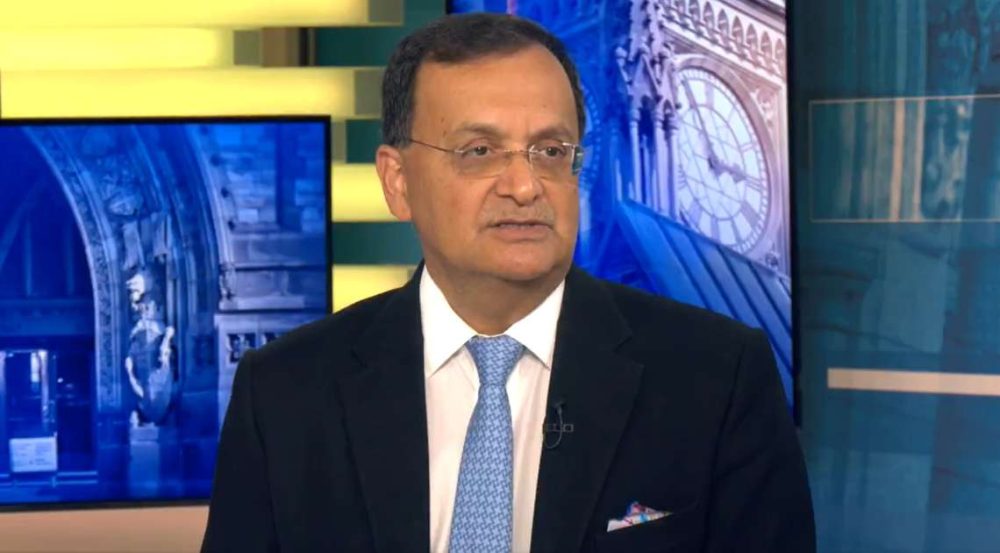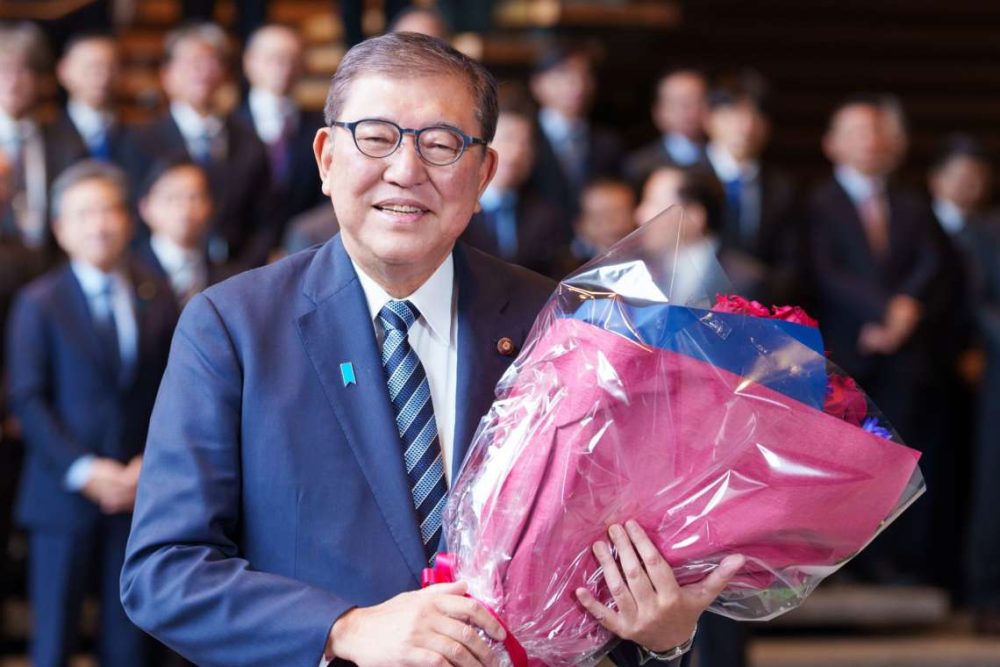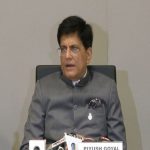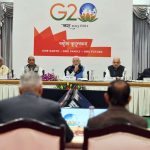The group is seized of issues pertaining to the safe return of stranded Indians, the travel of Afghan nationals especially minorities to India, and assuring that the territory of Afghanistan is not used in any manner for terrorism directed against India, reports Asian Lite Newsdesk
Prime Minister Narendra Modi has directed a high-level group comprising of External Affairs Minister S Jaishankar, National Security Advisor Ajit Doval and senior officials to focus on the immediate priorities of India in Afghanistan, sources said.
This group has been meeting regularly over the last few days amid the ongoing Afghanistan crisis.
According to the sources, the group is seized of issues pertaining to the safe return of stranded Indians, the travel of Afghan nationals, especially minorities to India, and assuring that the territory of Afghanistan is not used in any manner for terrorism directed against India.
“In view of the evolving situation in Afghanistan, Prime Minister had recently directed that a high-level group comprising of EAM, NSA and senior officials focus on the immediate priorities of India,” source told ANI.
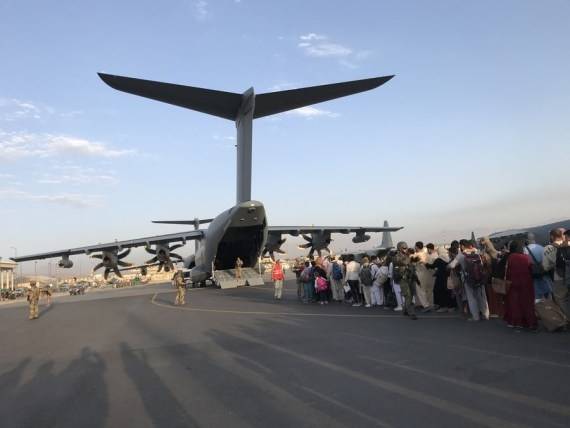
The group has also been monitoring the ground situation in Afghanistan and international reactions, including the Resolution, passed this morning by the UN Security Council, the sources added.
The United Nations Security Council under the Indian presidency has adopted a resolution on Afghanistan in which the member states reiterated the importance of combating terrorism in Afghanistan and noted the Taliban’s relevant commitments.
The resolution called for the Taliban to facilitate safe passage for people wanting to leave Afghanistan, allow humanitarians to access the country, and uphold human rights, including for women and children.
On Friday, Ministry of External Affairs spokesperson Arindam Bagchi said India is closely monitoring the situation in Afghanistan and is in touch with other countries as well.
India has evacuated over 550 people in six separate flights, either from Kabul or Tajikistan’s capital Dushanbe, of these, over 260 were Indians.
New Delhi also facilitated the evacuation of Indian nationals through other agencies and are in touch with various countries, like the US, Tajikistan, Iran and others.
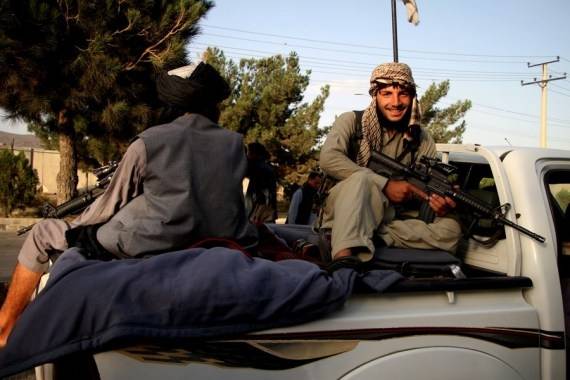
Indian envoy meets Taliban representative
In the first formal diplomatic contact between India and the Taliban on Tuesday after the withdrawal of US troops from Afghanistan, Ambassador of India to Qatar, Deepak Mittal, met Sher Mohammad Abbas Stanekzai, the head of the Taliban’s Political Office in Doha.
The meeting took place at the Embassy of India, Doha, at the request of the Taliban side, the ministry of external affairs ministry said today.
The discussions focused on safety, security and early return of Indian nationals stranded in Afghanistan.
The travel of Afghan nationals, especially minorities, who wish to visit India, also came up, external affairs minstry said.
Ambassador Mittal raised India’s concern that Afghanistan’s soil should not be used for anti-Indian activities and terrorism in any manner.
The Taliban Representative assured the Ambassador that these issues would be positively addressed.
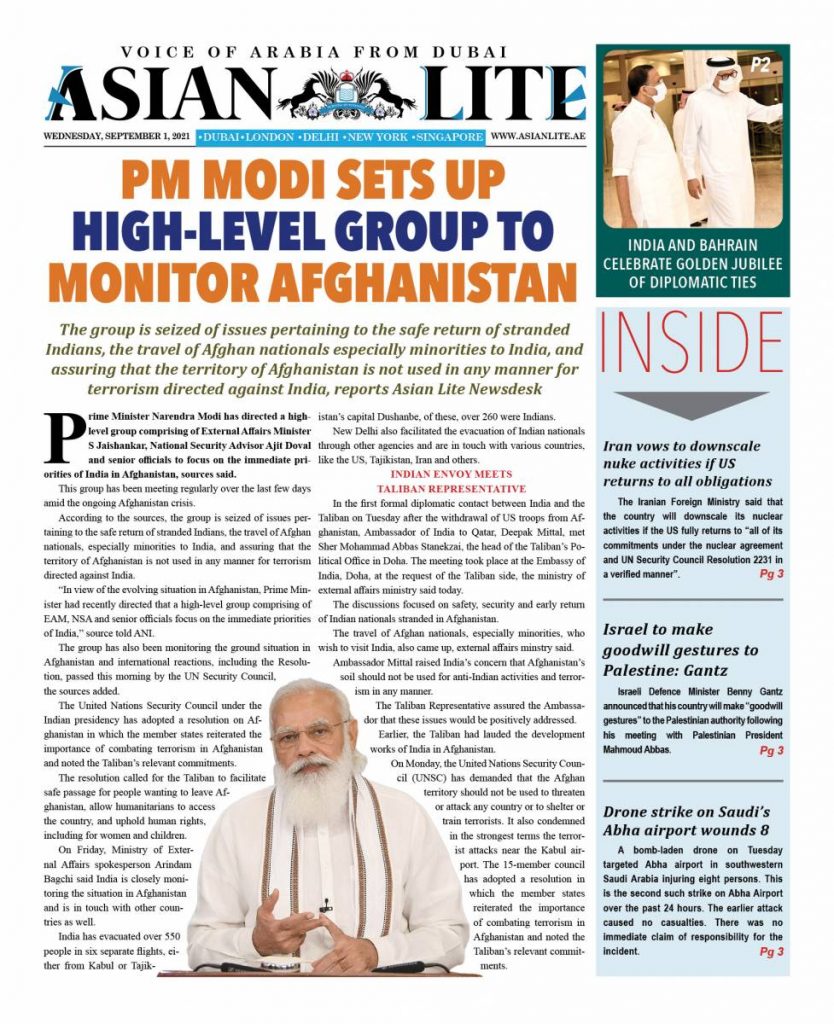
Earlier, the Taliban had lauded the development works of India in Afghanistan.
On Monday, the United Nations Security Council (UNSC) has demanded that the Afghan territory should not be used to threaten or attack any country or to shelter or train terrorists. It also condemned in the strongest terms the terrorist attacks near the Kabul airport.
The 15-member council has adopted a resolution in which the member states reiterated the importance of combating terrorism in Afghanistan and noted the Taliban’s relevant commitments.
The resolution called for the Taliban to facilitate safe passage for people wanting to leave Afghanistan, allow humanitarians to access the country, and uphold human rights, including for women and children.
This crucial resolution was adopted with the support of 13 members with Russia and China abstaining and no one voting against the resolution. Foreign Secretary Harsh Vardhan Shringla was chairing the UNSC meet under the Indian presidency in which the resolution was adopted.


